Question And Answer
Publications
Articles, publications, books, tools and multimedia features from the U.S. Institute of Peace provide the latest news, analysis, research findings, practitioner guides and reports, all related to the conflict zones and issues that are at the center of the Institute’s work to prevent and reduce violent conflict.
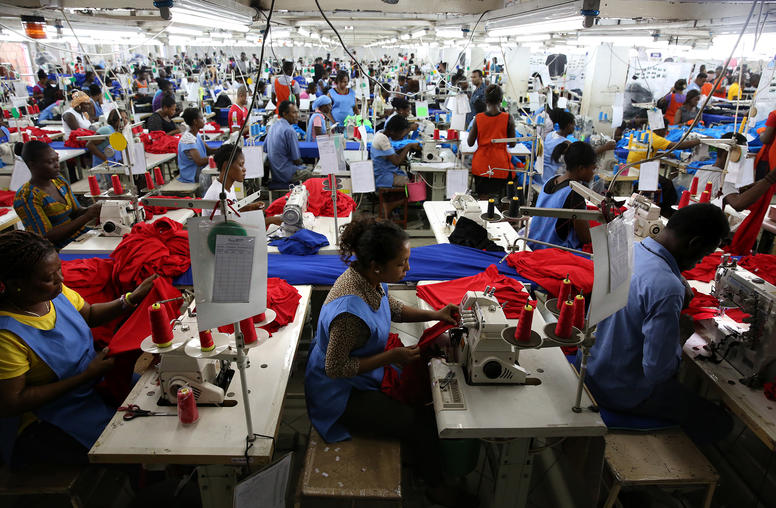
Countering Coups: In Africa, Use Investment to Build Rule of Law
Policymakers are urgently seeking ways to reverse the erosion of democracy in fragile states exemplified by the past year’s surge in military coups in and around Africa’s Sahel region. To halt this decline, it’s vital to listen to African voices urging that international partners make the most of a powerful pro-democracy tool: increased foreign investment built upon the rule of law.
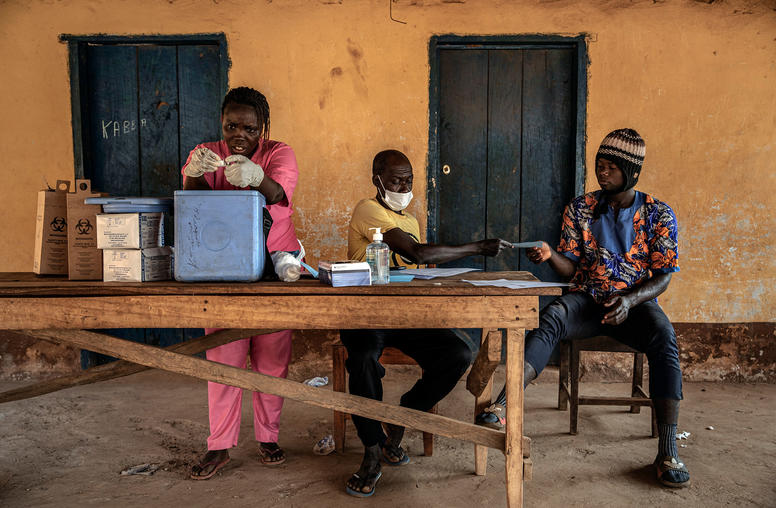
To Counter COVID Amid Crises, Peacebuilding Steps Are Vital
As the world enters its third year fighting the COVID-19 pandemic, health care professionals have administered 10 billion-plus vaccine doses worldwide, protecting large majorities of people in rich countries. Yet few doses have reached those living in war zones or places affected by conflict or violence, who remain largely unvaccinated and vulnerable to the disease. Preventing those countries from falling further behind will require increasing the supply of vaccines, improving delivery and overcoming barriers to vaccine acceptance. It will also necessitate doing more to navigate the politics of vaccine administration, including through peacebuilding strategies that promote dialogue and trust with marginalized communities.
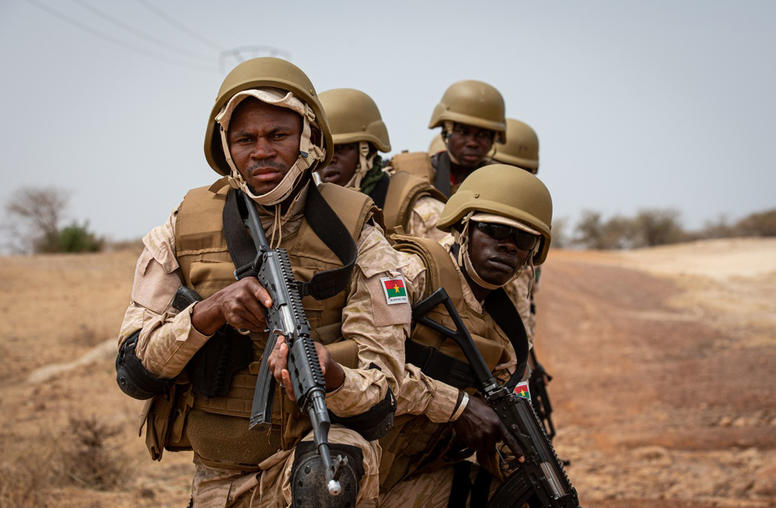
Countering Coups: How to Prevent Armed Seizures of Power
Armies have seized power in five states of the greater Sahel over nine months, cementing this African region as the most pronounced center of a global crisis. The Sahel’s military coups d’état are an acute symptom of poor and authoritarian governance that is breeding extremism and transnational criminality, igniting violence and undermining efforts to build democracies. These crises highlight widening security risks for the Sahel’s 135 million people and ultimately for Europe and the United States. Congress has begun urgently needed policy changes that analysts say should now be accelerated to prevent further coups and to buttress stability and democracy.
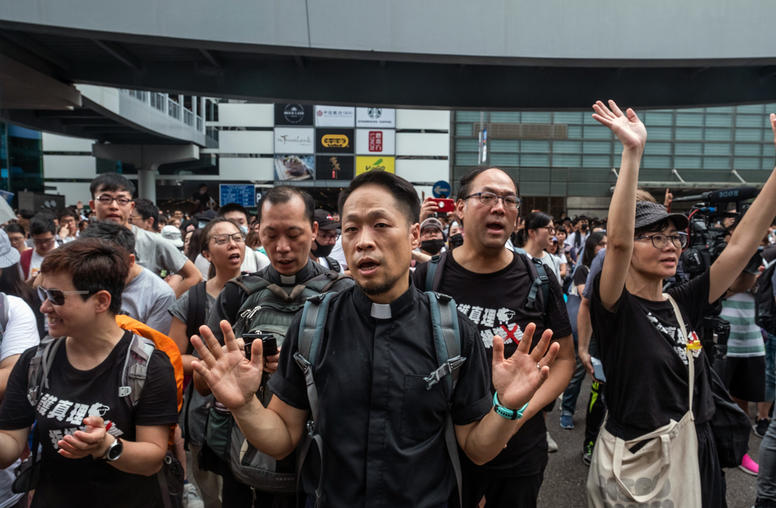
New Evidence: How Religion Aids Peaceful Change
The pullback in 2021 of international military operations in Afghanistan, Iraq and Africa’s Sahel region not only shows the limits of such foreign interventions. It forces policymakers to more urgently examine other ways to support the sustainable social changes that can stabilize violence-stricken nations. New USIP research sharpens an insight about one powerful method to achieve such changes—nonviolent, citizens’ movements that improve governance and justice. Effectively, the research shows, religion helps more often than we may think. Of more than 180 nonviolent campaigns for major political change since World War II, a majority have involved religion in some way.
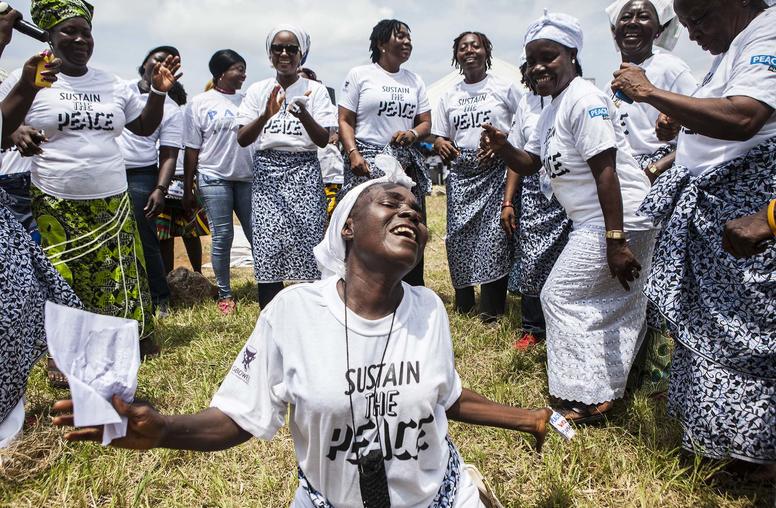
¿Cómo y cuándo puede el poder popular promover la paz durante guerras civiles?
A pesar de una breve pausa debida a las restricciones de la COVID-19, en los últimos años hemos visto una de las mayores olas de resistencia no violenta a nivel mundial y 2019 fue catalogado como "el año de la protesta". Estos movimientos – desde Myanmar hasta Colombia y la India – se centran en gran medida en la lucha contra el autoritarismo o en subsanar injusticias sociales. Menos difundido y discutido es el papel de la acción no violenta en medio de las guerras civiles y los procesos de paz. La no violencia estratégica puede fomentar la paz también en estos contextos, pero el momento y la táctica son la clave del éxito.

Comment—et quand—le pouvoir populaire peut faire avancer la paix dans un contexte de guerre civile
Malgré une brève accalmie due aux restrictions liées à la COVID-19, ces dernières années ont été témoins de l'une des plus grandes vagues de résistance non-violente mondiale de l'histoire récente, 2019 étant largement surnommée “l'année de la protestation.” Ces mouvements – du Myanmar à la Colombie en passant par l'Inde – sont largement axés sur la lutte contre l'autoritarisme ou la réparation des injustices sociales. Moins annoncé et discuté est le rôle de l'action non-violente dans les contextes de guerres civiles et des processus de paix. La non-violence stratégique peut également favoriser la paix dans ces contextes, mais le timing et les tactiques sont la clé du succès.
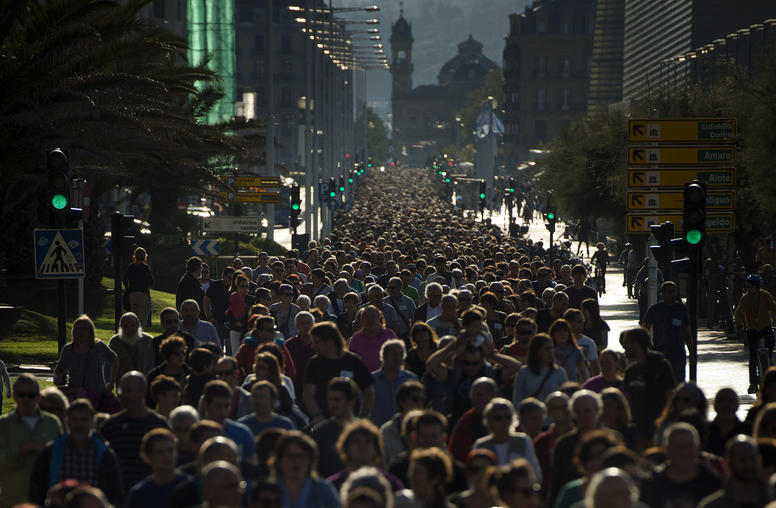
From the Street to the Peace Table: Nonviolent Mobilization during Intrastate Peace Processes
Though nonviolent grassroots movements often help spur transitions to peace and democracy, they are rarely invited to play a role in formal peace processes. Yet these movements can and do influence the course and content of peace negotiations and contribute to the quality and durability of the resulting peace. This report examines the strategies they employ and provides insights for grassroots movements currently mobilizing for peace or change in Myanmar, South Sudan, Syria, Yemen, and elsewhere.

How—and When—People Power Can Advance Peace Amid Civil War
Despite a brief lull due to COVID-19 restrictions, the past few years have witnessed one of the largest waves of global nonviolent resistance in recent history, with 2019 widely being dubbed “the year of the protest.” These movements — from Myanmar to Colombia to India — are largely focused on pushing back against authoritarianism or redressing social injustices. Less heralded and discussed is the role of nonviolent action amid civil wars and peace processes. Strategic nonviolence can foster peace in these contexts as well — but the timing and tactics are key to success.
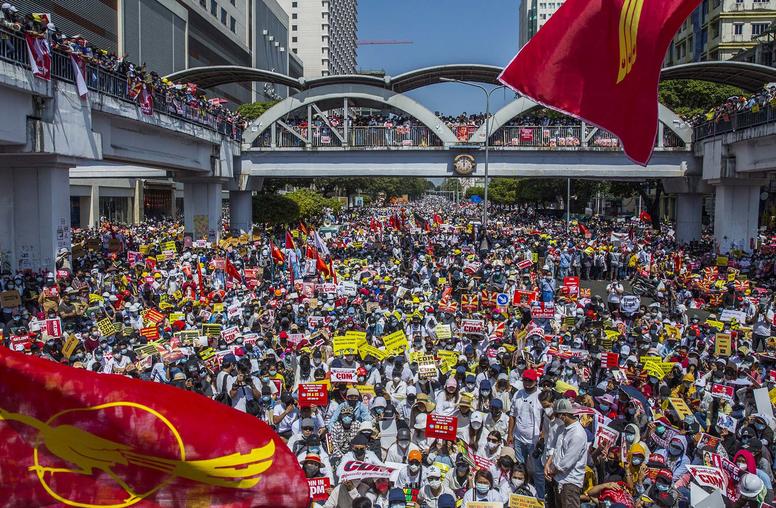
Four Takeaways on the Intersection of Nonviolent Action and Peace Processes
How can nonviolent action and peacebuilding work together? And how can they be brought together to promote positive long-term political change? Although mass nonviolent action movements are taking place at an increasingly rapid rate, they are succeeding in achieving their goals less frequently, and where initially peaceful demonstrations have been met by state violence from Myanmar to Colombia, better understanding these questions is crucial.
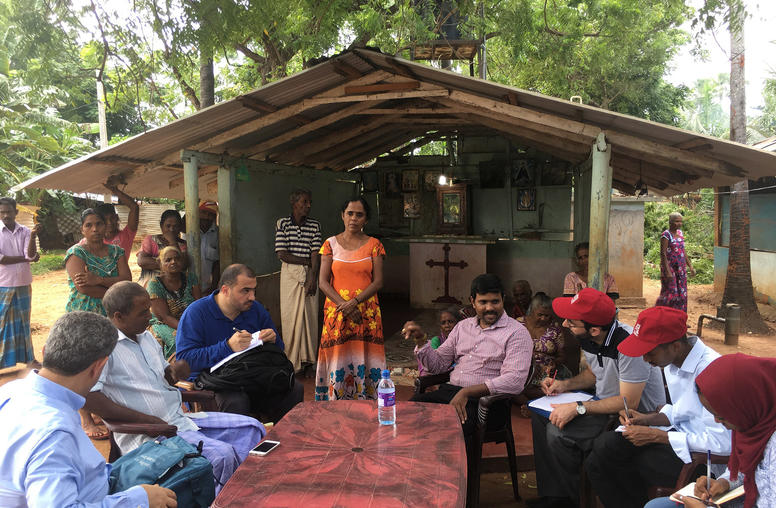
Getting to the Source: The Importance of Field Research
Travel restrictions and social distancing practices put in place in response to the COVID-19 pandemic have largely ground field research to a halt. Fieldwork plays an essential but often underappreciated role in both understanding violent extremism and developing policy responses to it. It is vital, therefore, that funders and policymakers support the return of such important work in a post-pandemic world.